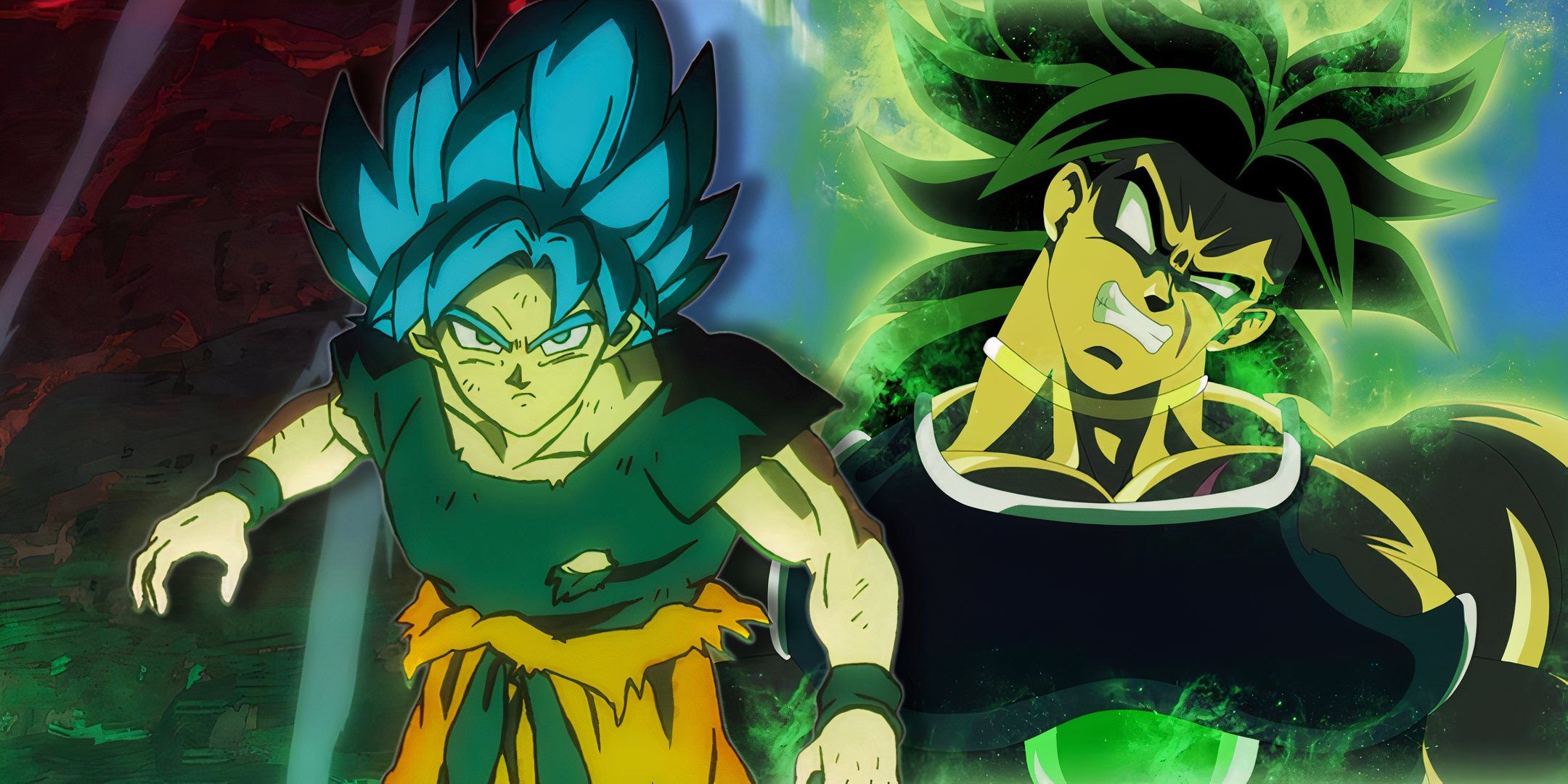
Many factors contributed to the popularity of Akira Toriyama’s work, but the engaging character of Goku is central to its success. From the very beginning of the Dragon Ball series, Goku has been a driving force. He’s not only become incredibly powerful, but he’s also developed as a person, a friend, and a martial artist. By the start of Dragon Ball Z, Goku is already a husband and father. However, a surprising twist reveals that he’s actually part of a powerful alien race called the Saiyans.
A key part of Goku’s story is his struggle to understand and accept his Saiyan background. His feelings about being a Saiyan aren’t fixed, and it’s not the only thing that makes him who he is. That’s why a seemingly minor comment at the end of Dragon Ball Super: Broly caused so much debate among fans. Goku admitted his Saiyan heritage, but in a way that surprised a lot of people.
Goku’s Goodbye To Broly Abandons His Human Side In Favor Of His Saiyan Origins
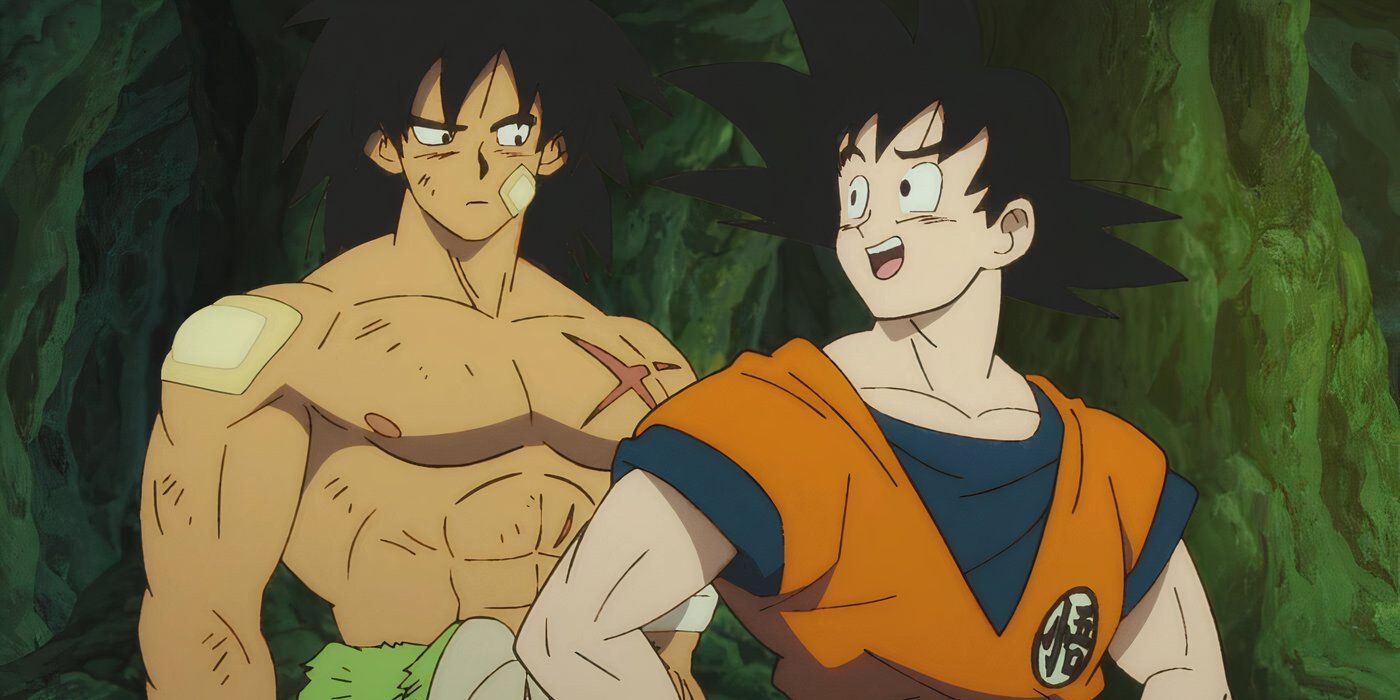
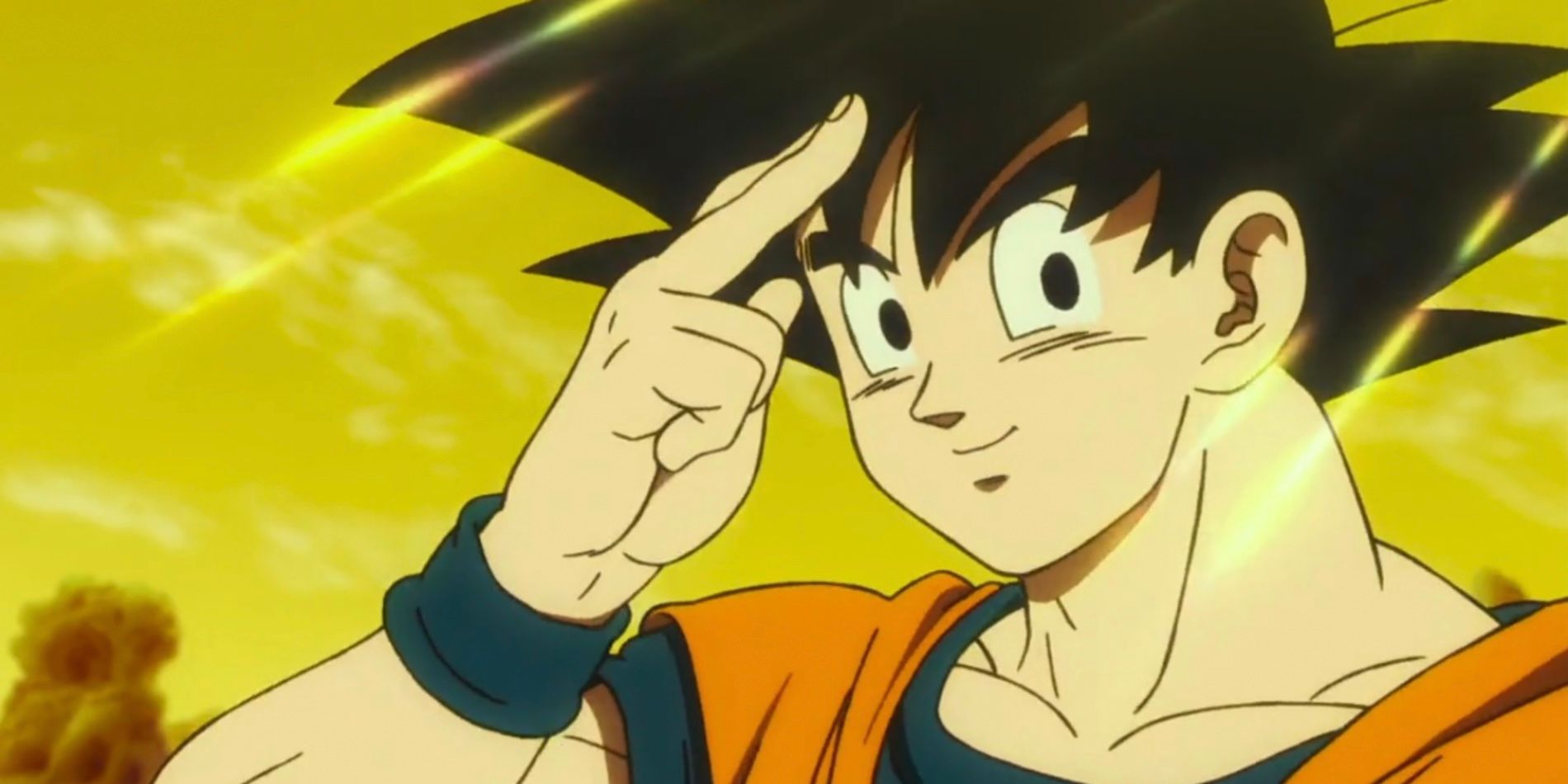
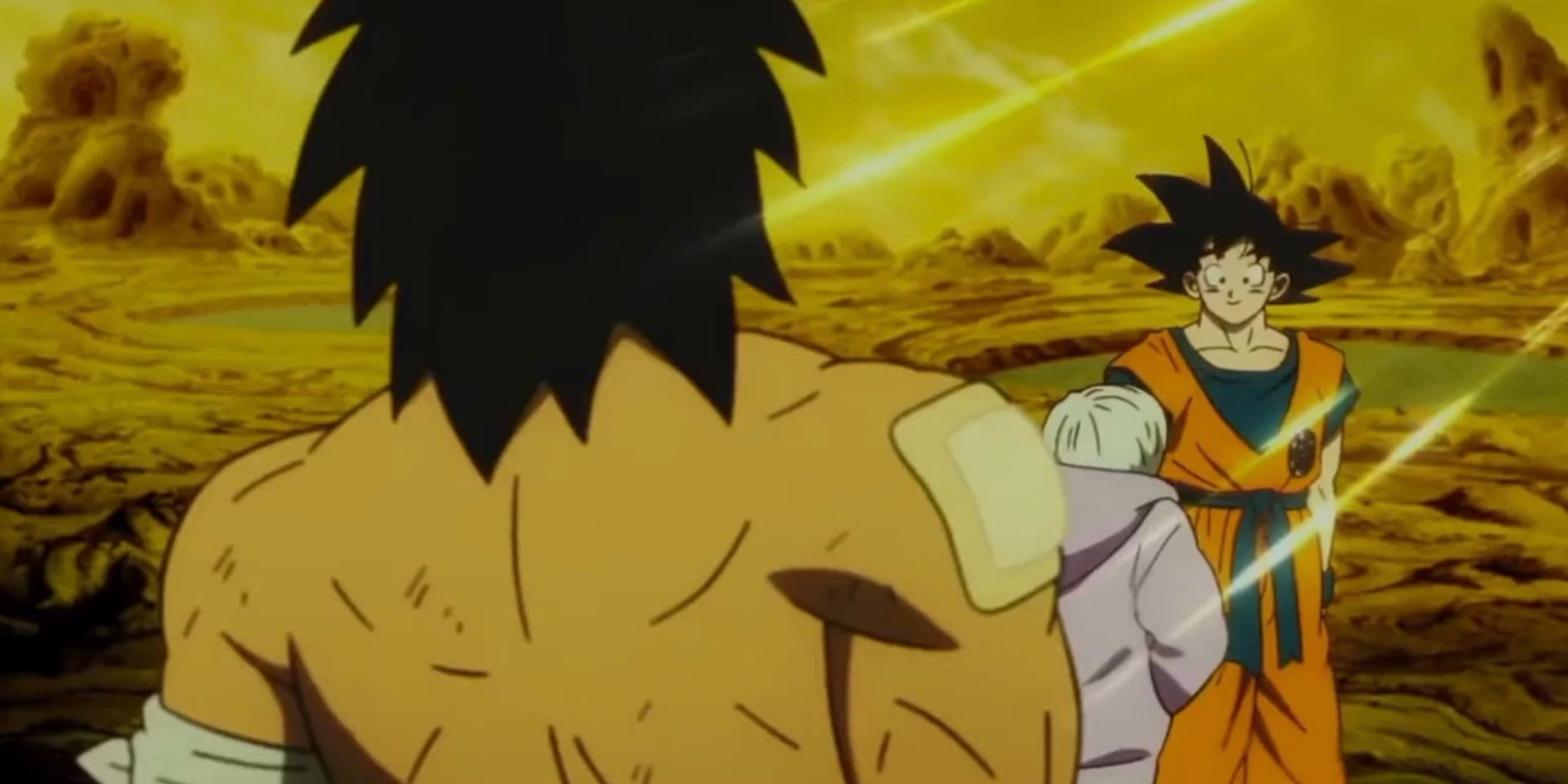

As a longtime fan of Dragon Ball, I’ve always noticed how Goku avoids using his birth name, Kakarot, preferring the name his adoptive grandfather gave him. This split – having both a Saiyan and Earth name – really highlights the internal conflict he faces, showing the two sides of his identity he’s always struggled to balance. That’s why a moment in Dragon Ball Super: Broly really stood out to me: Goku actually tells Broly to call him Kakarot. It felt like a huge step for his character, suggesting he’s finally ready to accept his Saiyan heritage and everything that comes with it. It’s also a clever parallel to their first encounter in Dragon Ball Z: Broly – The Legendary Super Saiyan, where “Kakarot” was practically a battle cry for Broly, fueling his rage.
Honestly, it’s not that Goku acknowledged his Saiyan heritage that bothers me, it’s when and how it happens in the Broly movie. The film really doesn’t do anything to make the Saiyans seem like the ‘good guys’! If anything, it just doubles down on the idea that they’re these incredibly violent warriors who thrive on destruction. Broly’s whole tragic backstory – being exiled to Vampa – is all because King Vegeta was insecure and jealous. And Paragus? He’d totally sacrifice his own son just to make his life a little easier! Even Goku and Vegeta don’t come across as super welcoming. Broly’s power unleashes this uncontrollable rage that almost gets them killed, so it’s hard to see it as a moment of true acceptance.
Watching Dragon Ball Super: Broly, I was struck by how willing Goku and Vegeta were to kill Broly – they were ready to end the fight, no matter the cost. It was only Cheelai’s wish with the Dragon Balls that saved him. The ending, with Goku referring to himself as ‘Kakarot,’ felt odd to me. It suggested he’d fully embraced his Saiyan heritage, but it seemed to come at the expense of his human side, which felt like a strange message for Dragon Ball to send. Honestly, everything that happened shouldn’t have made Goku feel better about being an alien warrior. If anything, his compassion and willingness to understand Broly seemed far more important – it’s what ultimately gave Broly a chance at a future.
Goku’s Goodbye to Broly Is A Gross Oversimplification Of His Saiyan Roots
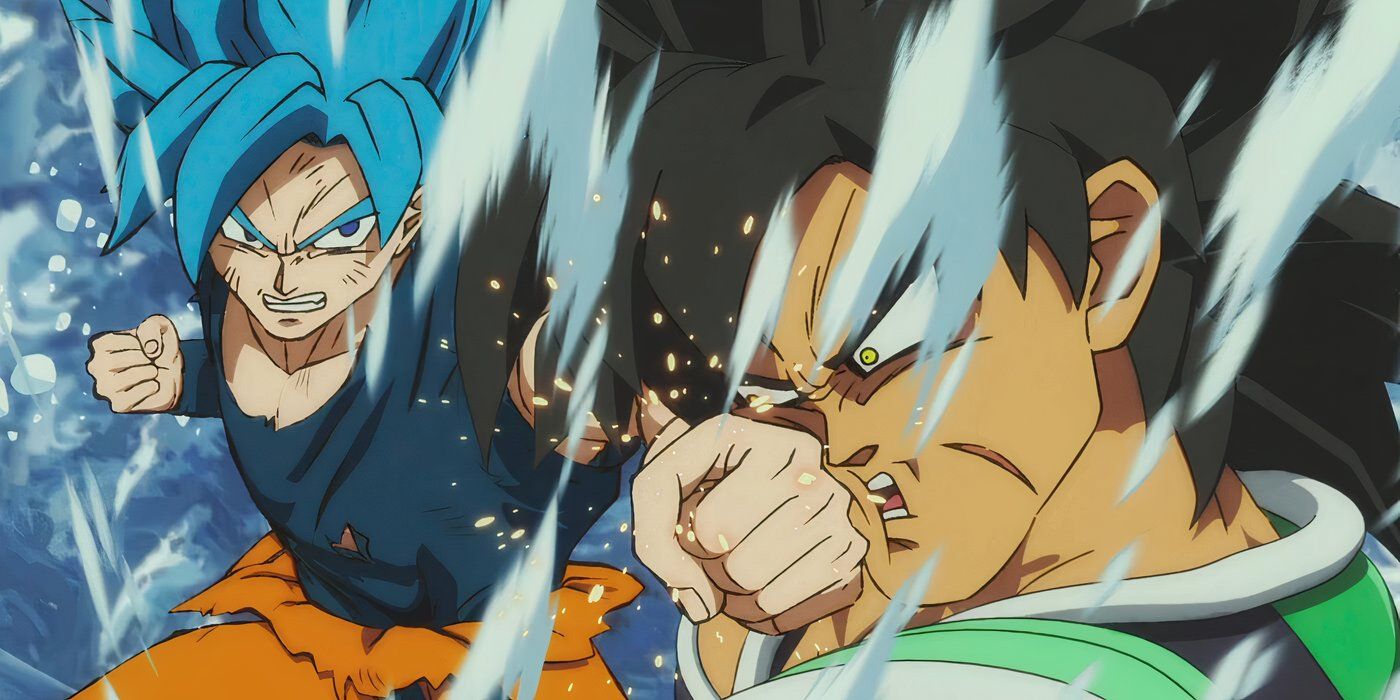
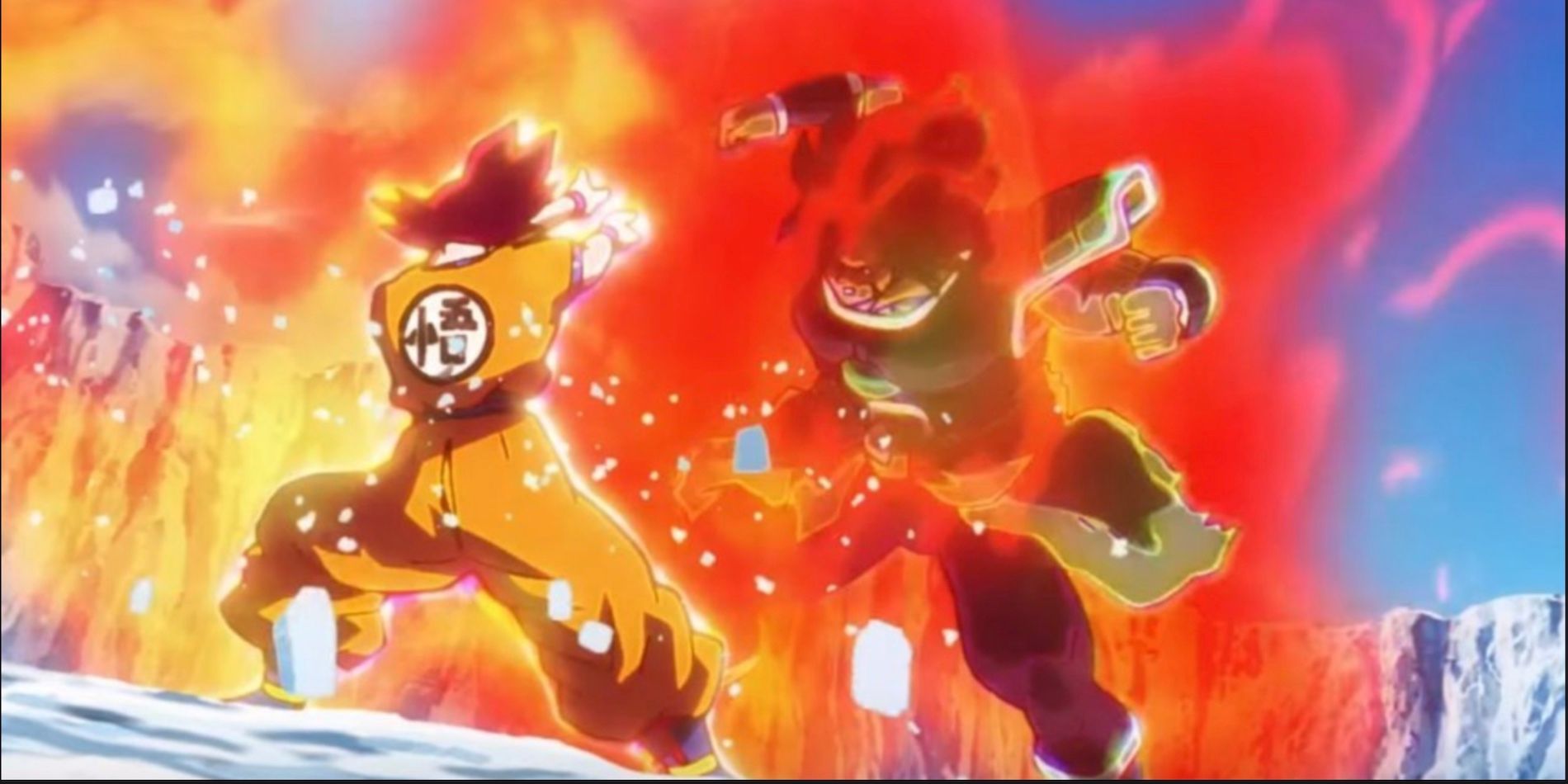
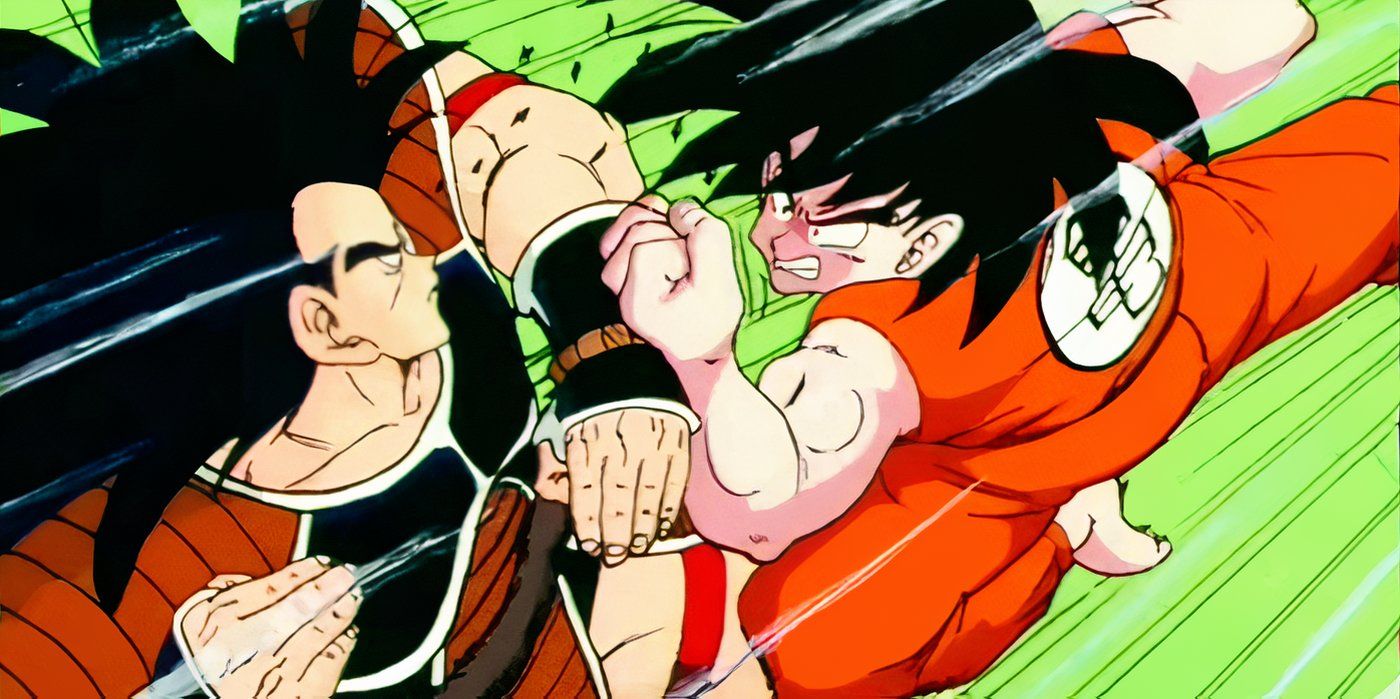
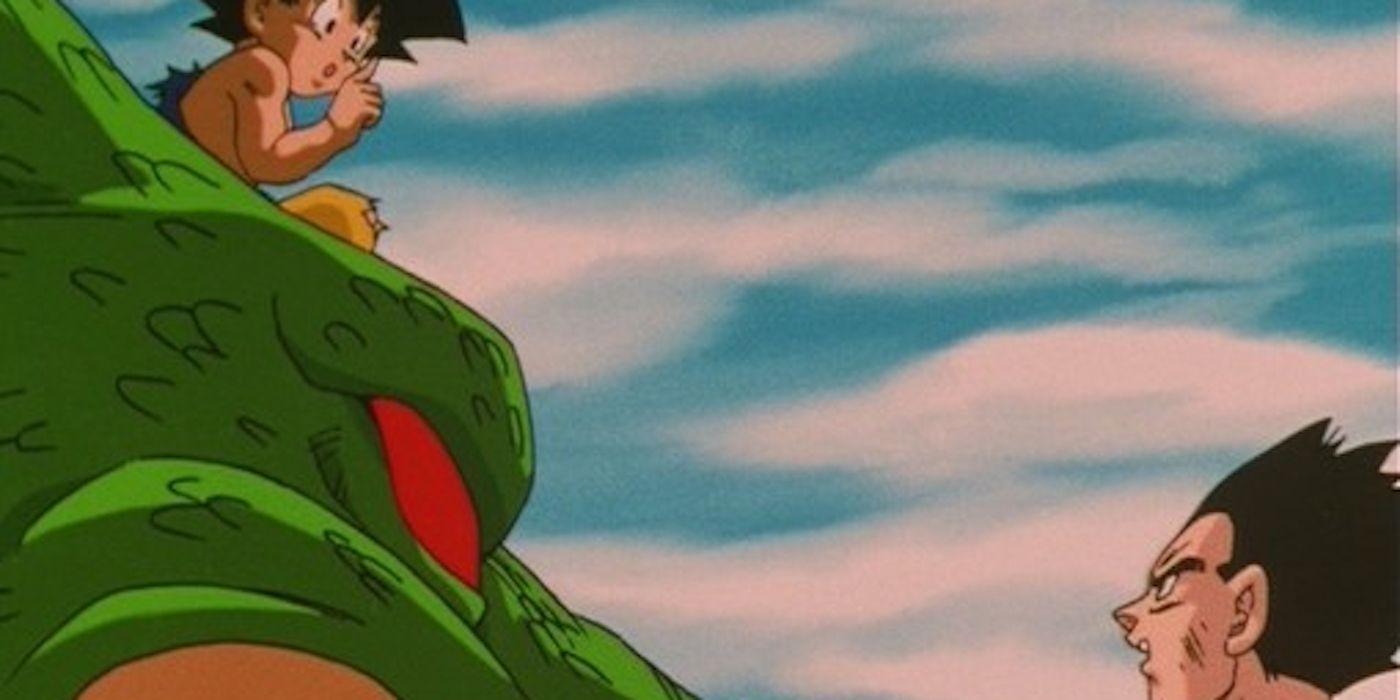
Goku’s understanding of the Saiyan race has been shaped by all the Saiyans he’s encountered. For generations, Saiyans were known and feared for invading and taking over planets. Goku grew up hearing about their cruel history, including the part his own father played in it. While these were just stories, and he didn’t witness these events himself, Goku’s connection to his Saiyan heritage became increasingly troubled as he met more aggressive Saiyans like Nappa, Vegeta, Turles, and even his brother, Raditz. Although Broly is incredibly powerful, Goku’s most impactful experiences with the Saiyan race actually came from his interactions with these other, more frequent opponents.
Goku’s battle with Broly in Dragon Ball Super: Broly doesn’t present him with any unique challenges. It feels wrong that this fight is what leads to him reverting to his Saiyan name, “Kakarot,” considering everything he’s gone through as Goku throughout the series. It feels like a forced moment added simply for a dramatic ending, and it doesn’t feel earned by the story. While it’s tempting to show Goku embrace his Saiyan heritage, it should be a significant development, not something that happens randomly.
Broly’s immense power and sad history – much of which Goku doesn’t even know – don’t justify his abrupt ending. This moment should have happened during a truly impactful Saiyan confrontation in Dragon Ball, perhaps when Broly earns Goku’s respect and shows him a different, more peaceful way to be a Saiyan. It would also have been a meaningful goodbye for Vegeta, either before his sacrifice or during Goku’s farewell in Dragon Ball GT. Dragon Ball Super: Broly gets the emotional realization right, but it happens at the wrong point in the story.
It’s Important For Goku To Embrace Both Sides Of Himself
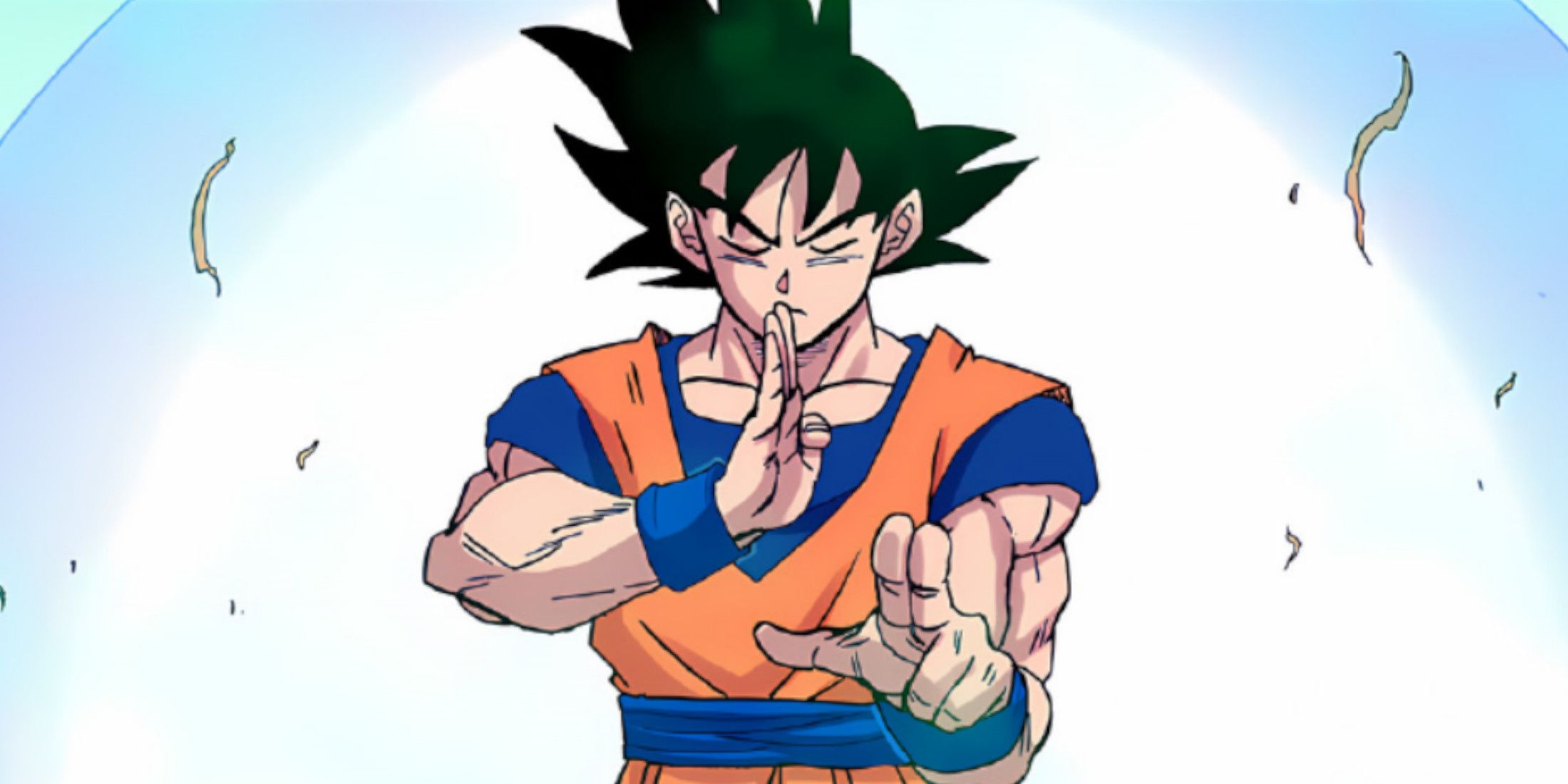
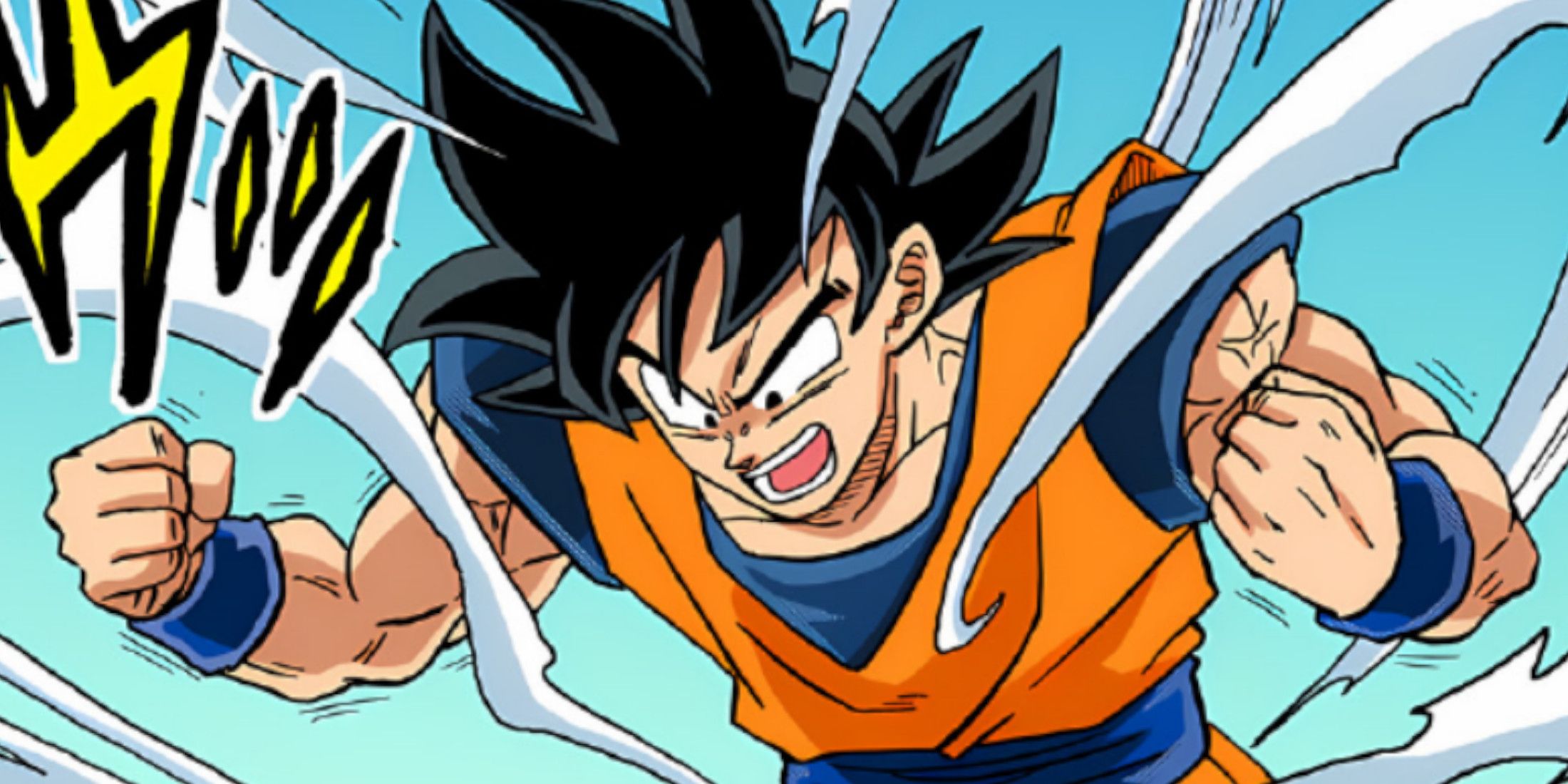
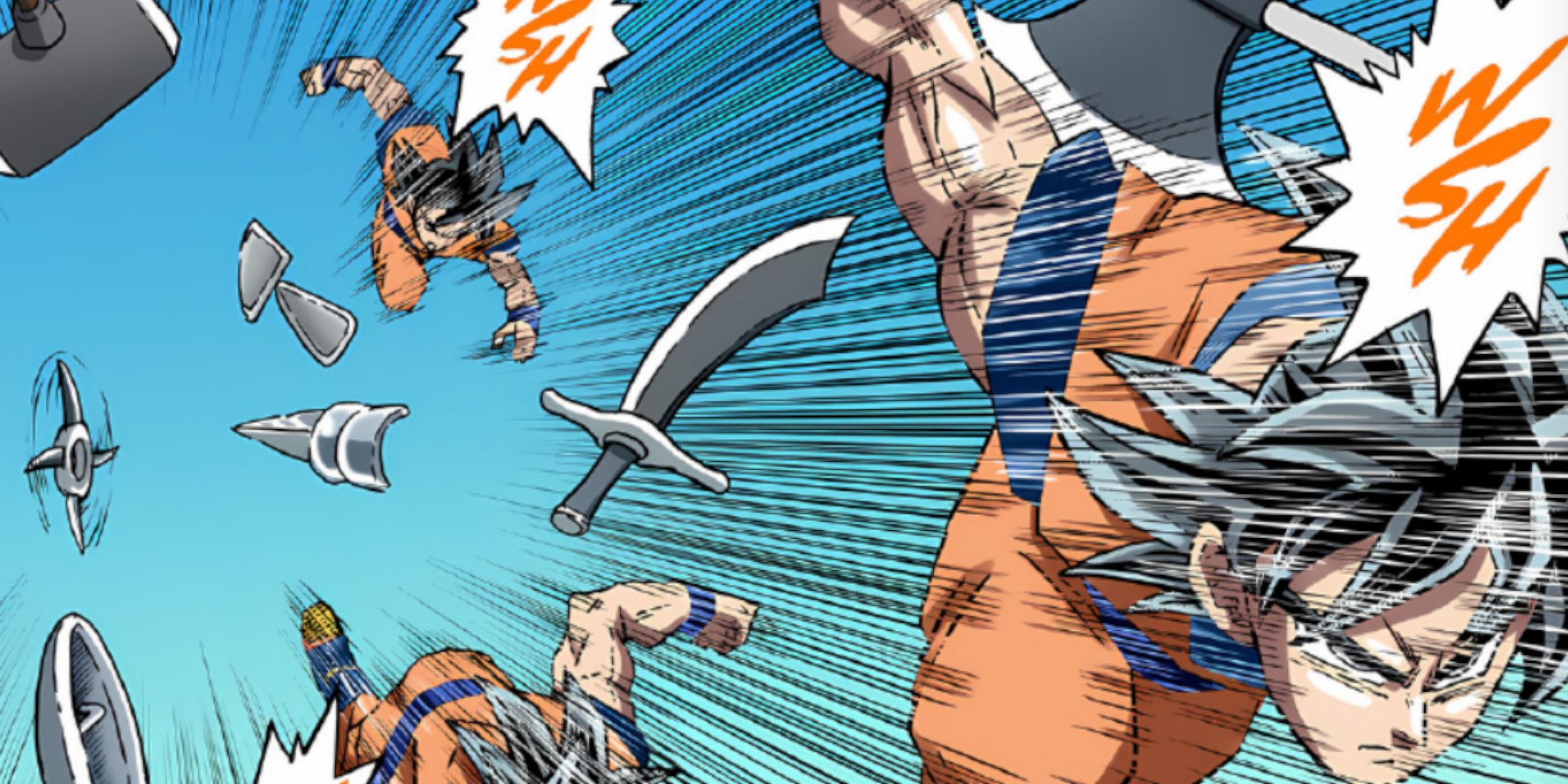
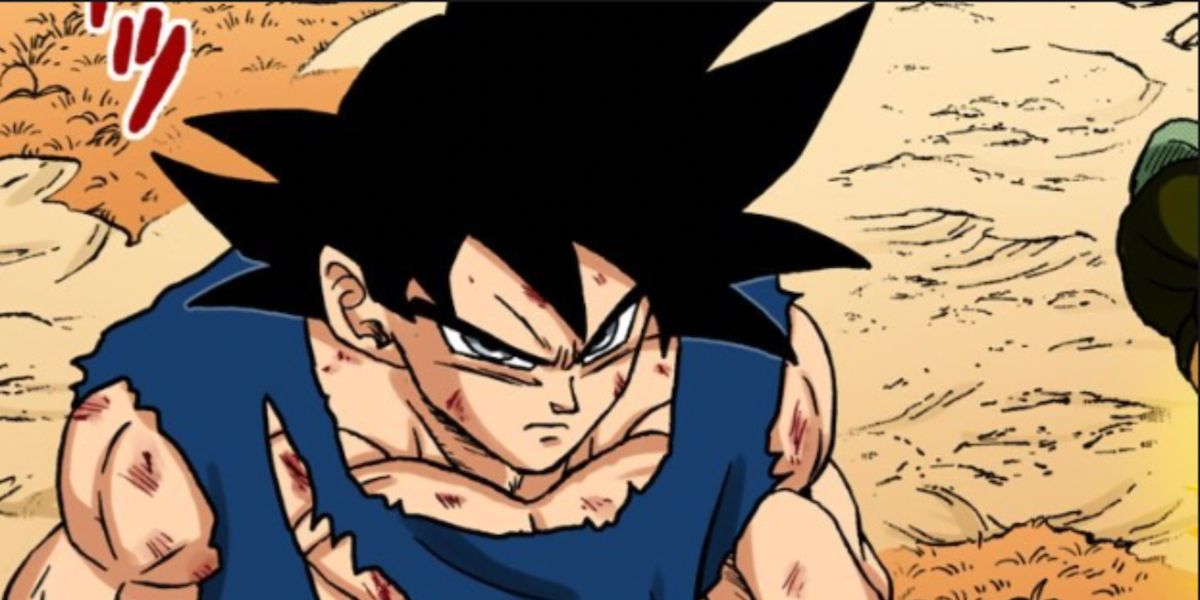
Goku’s final words to Broly were meant to show he’s finally accepted his Saiyan heritage, which should have been a powerful, long-awaited moment. However, the way it played out doesn’t fully capture how complex Goku is. Throughout Dragon Ball Z and beyond, Goku isn’t simply a Saiyan or a human; he embodies the best of both worlds. His strength comes from embracing both sides of himself, and he needs to stay connected to both. A more impactful final line in Dragon Ball Super: Broly would have been something like, “Call me Son Kakarot,” uniting his Earth name and Saiyan name. That would have beautifully symbolized his dual nature. Unfortunately, the movie didn’t fully commit to this idea, and the result feels like a step back instead of true progress.
The powerful moment at the end of Dragon Ball Super: Broly, where Goku accesses Ultra Instinct, feels less impactful because the Dragon Ball Super manga later introduces a more refined version called True Ultra Instinct. This new form significantly boosts Goku’s power, but importantly, it doesn’t change his core personality. True Ultra Instinct is a stronger take on the same concept, even though it’s not exclusive to Saiyans. It feels more meaningful because it acknowledges Goku’s entire journey, unlike his brief return to his Saiyan name, “Kakarot,” which felt limited. The ultimate way to show Goku has fully embraced his Saiyan heritage would be if he named a future child Kakarot or Bardock.
Read More
- Clash Royale Best Boss Bandit Champion decks
- Vampire’s Fall 2 redeem codes and how to use them (June 2025)
- World Eternal Online promo codes and how to use them (September 2025)
- Best Arena 9 Decks in Clast Royale
- How to find the Roaming Oak Tree in Heartopia
- Mobile Legends January 2026 Leaks: Upcoming new skins, heroes, events and more
- Solo Leveling Season 3 release date and details: “It may continue or it may not. Personally, I really hope that it does.”
- ATHENA: Blood Twins Hero Tier List
- Sunday City: Life RolePlay redeem codes and how to use them (November 2025)
- How To Watch Tell Me Lies Season 3 Online And Stream The Hit Hulu Drama From Anywhere
2025-11-14 01:40